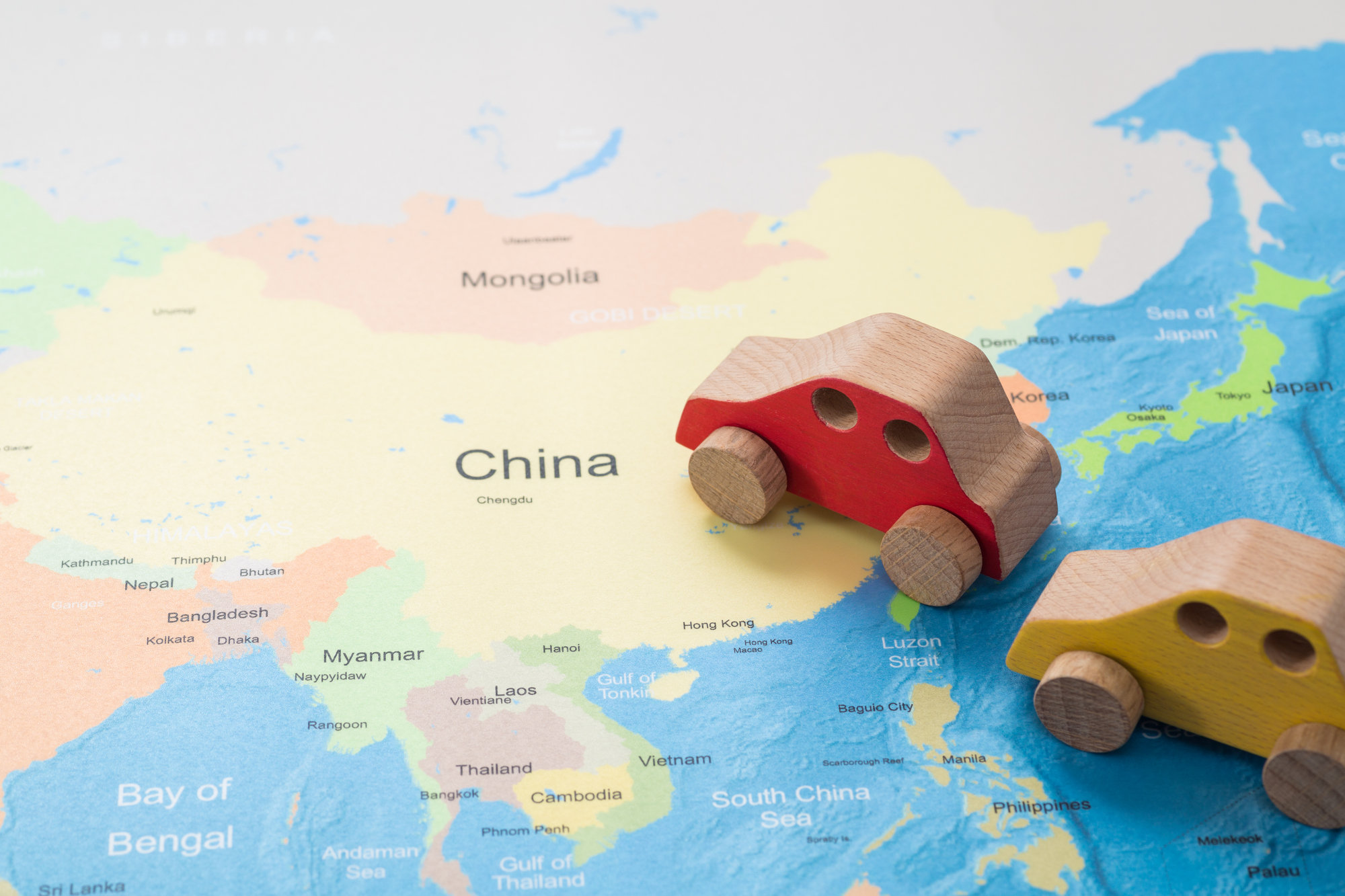2015/07/09
No. 216: Masao Okonogi, "Japan and the ROK: In Search of a Renewed Relationship"
The recent deterioration in Japan-ROK relations may have been unavoidable in light of the different courses taken by the two countries in responding to two key changes in the international system that surfaced in 2009-2010: China's emergence as a major economic power and its pursuit of blue-water ambitions. South Korea regarded the former as a business opportunity, while Japan focused on the latter as a military threat in view of the Senkaku Islands dispute and anti-Japanese riots in China.
In fact, after Park Geun-hye assumed office as president, South Korea not only re-ranked its foreign policy priorities from "the US, Japan, China" to "the US, China, Japan" but also pursued its own style of G2 diplomacy characterized by economic dependence on China. Also shocking to Japan were President Park's criticisms of Japan's historical perspective during her visits to Washington and Beijing.
At the same time, Prime Minister Abe supported the US rebalance toward the Asia-Pacific region and set out to reinforce the Japan-US alliance. He submitted a bill to the Diet that would allow Japan limited exercise of the right to collective self-defense, and he made an address before the US Congress. He also reviewed the process by which the Kono Statement had been prepared. And Abe will offer his own "70th Anniversary Statement" in August.
This was not all. The historical controversy over "comfort women" had already begun in 2011 between President Lee Myung-bak and Prime Minister Noda Yoshihiko. Inheriting this dispute, Park Geun-hye in a speech on the anniversary of the March 1st Movement shortly after becoming president urged the Japanese government to "make positive changes and take responsible action."
Altogether, differences over China policies and the "comfort women" issue have not only become more clearly exposed during the Abe Shinzo/Park Geun-hye era but have become mutually coupled and developed into a leadership clash. It hardly need be said that Prime Minister Abe's responses to questions in the Diet on the definition of "invasion" and his visit to Yasukuni Shrine intensified distrust on the South Korean side.
Growing mutual distrust at the leadership level has a restraining effect on the bureaucracy and gives impetus to greater nationalism in the media. Frictions between Japan and South Korea at the top of the pyramid have rapidly slipped down all the way to the popular base.
These tensions have been heightened primarily by disputes arising from historical memory, cultural traditions, and nationalism - that is, a clash of identities - and not by structural friction or a clash of values. Systemic changes produced a leadership clash, which in turn made the identity clash more serious.
Consequently, the most important task now is to ascertain the characteristics of the newly emerging international system - above all the development of US-China relations - and then rebuild Japan-ROK relations in conformity with this system. There is no going back to earlier relations, so Japan and South Korea should reaffirm their common interests and aims and make a new start.
Japan and South Korea share many key elements in common. Geopolitically, they both sit in a valley between the US and China, and it thus might be expected that they would be bound together by a fundamental policy of maintaining solid alliance relations with the US and, over the long term, encouraging the emergence of China as a responsible major power. Strategic dialogues between Japan and South Korea on this issue are essential.
As highly developed industrial and trading nations, both Japan and South Korea are seeking their futures in broad-based economic integration. A sophisticated international division of labor, i.e., a sharing of manufacturing processes for high-tech goods, is developing, especially in the parts and materials industries. Joint development of resources and infrastructure construction in third countries are expanding.
With a small measure of forward progress having been made ahead of the 50th anniversary of the Japan-ROK Normalization Treaty, it appears that a Japan-China-South Korea summit meeting will be held in Seoul this autumn that will include President Xi Jinping of China; a concomitant Japan-ROK summit meeting will likely also be arranged. Nevertheless, the "comfort women" issue cannot be resolved without determination on the part of both leaders, and any improvement to Japan-ROK relations will only be partial unless and until such a resolution is reached.
Masao Okonogi is Professor Emeritus of Keio University. He was Dean of the Faculty of Law and Politics (2005-07) and Director of the Center for Area Studies (1995-99) at Keio University.
The views expressed in this piece are the author's own and should not be attributed to The Association of Japanese Institutes of Strategic Studies.





